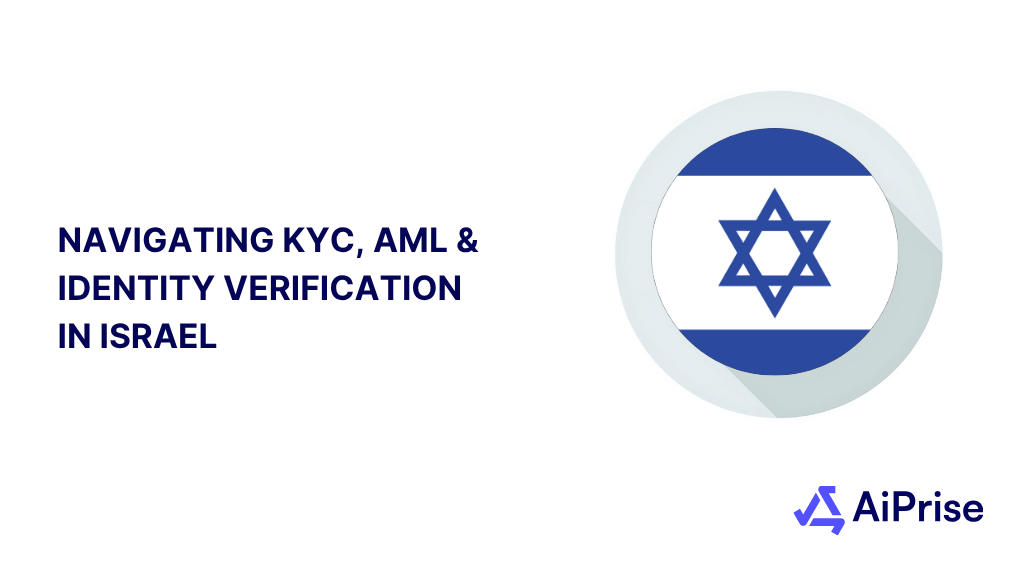AiPrise
8 mins read
June 11, 2025
Navigating KYC, AML and Identity Verification in Russia

Key Takeaways










The world of compliance is changing fast, and Russia's regulatory environment is no exception. As businesses grow and expand, the need for efficient, scalable solutions to meet KYC and AML requirements becomes more critical than ever. The complexity of verification processes driven by diverse legal frameworks and shifting regulations can feel overwhelming. But that's where innovation comes in.
This blog will explore Russia's key regulations for KYC and AML, the challenges companies face, and practical steps to ensure compliance. Additionally, we will discuss tools that can help businesses optimize their KYC and AML Russia processes.
Evolution of Russian National ID Systems
Russia's national ID system has evolved from decentralized identification practices in the Tsarist era to a more centralized, state-controlled structure under the Soviet Union, and is now transitioning towards digital identification technologies.
- Tsarist and Early Soviet Era
In Tsarist Russia, identification was managed through local records and church registers. After the Bolshevik Revolution, the Soviet government introduced a standardized internal passport system in the 1930s. These passports recorded basic details like name, birth date, and marital status, and were tied to the propiska system, which regulated internal migration and access to state services. However, they did not include extensive records such as military service or children's information.
- Post-Soviet Reforms
After the dissolution of the Soviet Union in 1991, Russia modernized its ID system. In the 1990s, the internal passport was redesigned, notably removing the ethnicity field to reduce discrimination. The propiska system remained in use for verifying residency, though its legal framework was updated to reflect the new political landscape.
- Modernization and Technological Integration
Today, the internal passport is central to domestic identity verification and KYC processes in Russia. Other documents, like international passports and driving licenses, complement this system. Despite challenges due to format differences and Cyrillic usage, Russia is advancing towards integrating biometric and digital identification technologies to enhance security and streamline the system.
With the historical context in mind, let's explore the regulatory framework that governs Russia's identity systems today.
The Regulatory Framework: Key Laws and Authorities
To operate in Russia, businesses must understand the primary laws and regulatory bodies that govern KYC and AML procedures.
Important Laws
- Federal Law No. 115-FZ (2001): This law forms the foundation of Russia's anti-money laundering (AML) framework. It mandates businesses to carry out Customer Due Diligence (CDD) and Enhanced Due Diligence (EDD) for higher-risk clients. Businesses are required to report any suspicious activities, helping them stay aligned with international AML standards. Over time, amendments to this have expanded the role of Rosfinmonitoring, Russia's financial intelligence unit, to enhance its ability to monitor financial transactions and enforce AML regulations.
- Federal Law No. 134-FZ (2013): This law amended the country's anti-money laundering and counter-terrorism financing legislation (Federal Law No. 115-FZ) to formally define "beneficial owner" and require organizations to take reasonable steps to identify them. This aimed to increase transparency in financial transactions, align with global AML standards and help reduce financial crime.
Regulatory Authorities
- Rosfinmonitoring: As Russia's Financial Intelligence Unit (FIU), Rosfinmonitoring monitors financial transactions, identifies suspicious activity, and plays a central role in enforcing AMLRussia regulations.
- Central Bank of Russia (CBR): The CBR is the key regulatory authority for financial institutions in Russia. It enforces compliance with KYC and AML Russian laws, ensuring that financial institutions follow the correct procedures and maintain healthy practices.
Digital Identity Solutions
Russia is increasingly favoring domestic identity verification systems. As of recent developments, businesses can integrate platforms like Gosuslugi and ESIA, government-backed services for verifying customer identities.
Now that we've covered the regulatory foundation, it's essential to examine the key documents used for identity verification in Russia.
Key Documents for Identity Verification in Russia

In Russia, various types of identification documents are used to verify the identity of customers. These documents are essential for businesses to verify individuals' identities and stay compliant with KYC and AML regulations.
- Internal Passport
The Internal Passport is the primary form of identification for Russian citizens. It contains essential personal details such as name, date of birth, and a photo. This document is commonly used for many legal and financial transactions within the country and is a key document for KYC verification.
- International Passport
The International Passport is designed for travel abroad and features several security measures, including NFC chips, laminated pages, and holographic bands for added protection. It is issued in three types:
- Ordinary Passport: For regular citizens.
- Service Passport: For government officials.
- Diplomatic Passport: For diplomats and international representatives.
Each type has distinct features and requires compatible readers for accurate verification.
- Driver's License
Russia employs authentication measures, including holographic elements, on its driver's licenses to enhance their security. Over time, the design and features of these licenses have evolved, with distinct formats issued around 1999, 2008, and 2009. A significant redesign in 2011 aimed to align with international standards, incorporating features intended to simplify verification of newer licenses. However, the existence of these earlier, varied formats still complicates the development of universal automated verification systems. Consequently, accurate authentication often requires manual review by trained personnel familiar with the different formats and their security features, or the use of specialized document verification technology capable of analyzing these historical variations.
- Residence Permit
The Residence Permit is issued to foreign residents or stateless persons living in Russia. This document may contain biometric data and, in some cases, NFC chips. It is essential to use specific algorithms to verify the Cyrillic text and any translated stamps or details on the permit. There are two types of residence permits:
- For foreigners (blue): Issued to foreign nationals living in Russia.
- For stateless persons (green): Issued to individuals without nationality.
These particularities make technology-driven verification solutions necessary for accurately processing these documents.
Despite having a clear list of required documents, the process of verifying them is far from straightforward, with several obstacles along the way.
Challenges in Identity Verification and KYC/AML Compliance
While the regulations are clear, businesses in Russia face several challenges in implementing them effectively.
- Diverse Documents for Identification
Russia uses multiple types of identification documents, including Internal Passports, International Passports, Driver's Licenses, and Residence Permits. Each document has unique features and security elements, making the verification process more complicated. Businesses need to develop systems that can accurately verify these documents to ensure compliance.
- Language Barriers
The Cyrillic alphabet used in Russian documents can cause difficulties, especially for international companies. Transliteration issues may result in discrepancies between different databases or systems. To address this, businesses must implement solutions designed to handle Cyrillic script properly.
- Fraud Risks
Document fraud has been a persistent issue in Russia. Criminals often use forged documents or alter official records to deceive businesses. With the increasing use of digital manipulation technologies like deepfakes, businesses must adopt more advanced verification methods to detect fraudulent attempts and ensure the accuracy of their customer data.
- Constant Regulatory Changes
Russia's regulatory environment is continuously evolving, with new laws and amendments being introduced regularly. Keeping up with these changes and staying compliant can be tough. Non-compliance can lead to significant fines, business restrictions, or even the closure of operations in the country.
Given the complexities of identity verification, adopting best practices is essential to navigating these challenges and ensuring compliance.
Best Practices for Businesses to Ensure Compliance

Given the regulatory challenges in Russia, businesses must adopt effective strategies to meet compliance requirements. Here are a few best practices:
- Adapt to Local Regulatory Standards: Companies can use domestic identity verification systems, such as Gosuslugi and ESIA, to verify customer identities.
- Focus on UBO Identification: Identifying Ultimate Beneficial Owners (UBOs) is essential for maintaining compliance. Companies should regularly update UBO information to ensure transparency and avoid penalties.
- Ongoing Monitoring: KYC and AML processes should be continuously updated. Businesses must monitor customer transactions regularly to ensure they comply with both current and future regulations.
- Use Reliable Compliance Solutions: Solutions like AiPrise help businesses improve the accuracy and efficiency of their KYC and AML processes. By using AiPrise, companies can reduce operational costs while ensuring they stay compliant with relevant regulations.
To make the implementation of these best practices more efficient, AiPrise provides an integrated solution for businesses facing complex compliance requirements.
AiPrise: A Solution for KYC, AML, and Risk Management
AiPrise provides a comprehensive solution for KYC, KYB, and AML compliance. Using advanced AI and machine learning, AiPrise offers accurate identity verification and business validation to help companies manage fraud risks and comply with regulatory standards.
- KYC and KYB Solutions: AiPrise integrates global data points to verify customer identities and business ownership, ensuring reliable verification and minimizing fraud risks.
- AML Tools: AiPrise's AML tools detect and prevent financial crimes like money laundering and terrorist financing. It stays updated with evolving regulations, ensuring ongoing compliance.
- Regular Compliance Updates: With rapid regulatory changes, AiPrise provides real-time updates, keeping businesses compliant and reducing the risk of non-compliance.
If you haven't reviewed your KYC/AML processes recently, now is the time. Ensure your verification systems are up-to-date to avoid potential risks. Book a demo to see how AiPrise can simplify your compliance efforts and save you time and money.
You might want to read these...

AiPrise’s data coverage and AI agents were the deciding factors for us. They’ve made our onboarding 80% faster. It is also a very intuitive platform.





Speed Up Your Compliance by 10x
Automate your compliance processes with AiPrise and focus on growing your business.




.jpg)




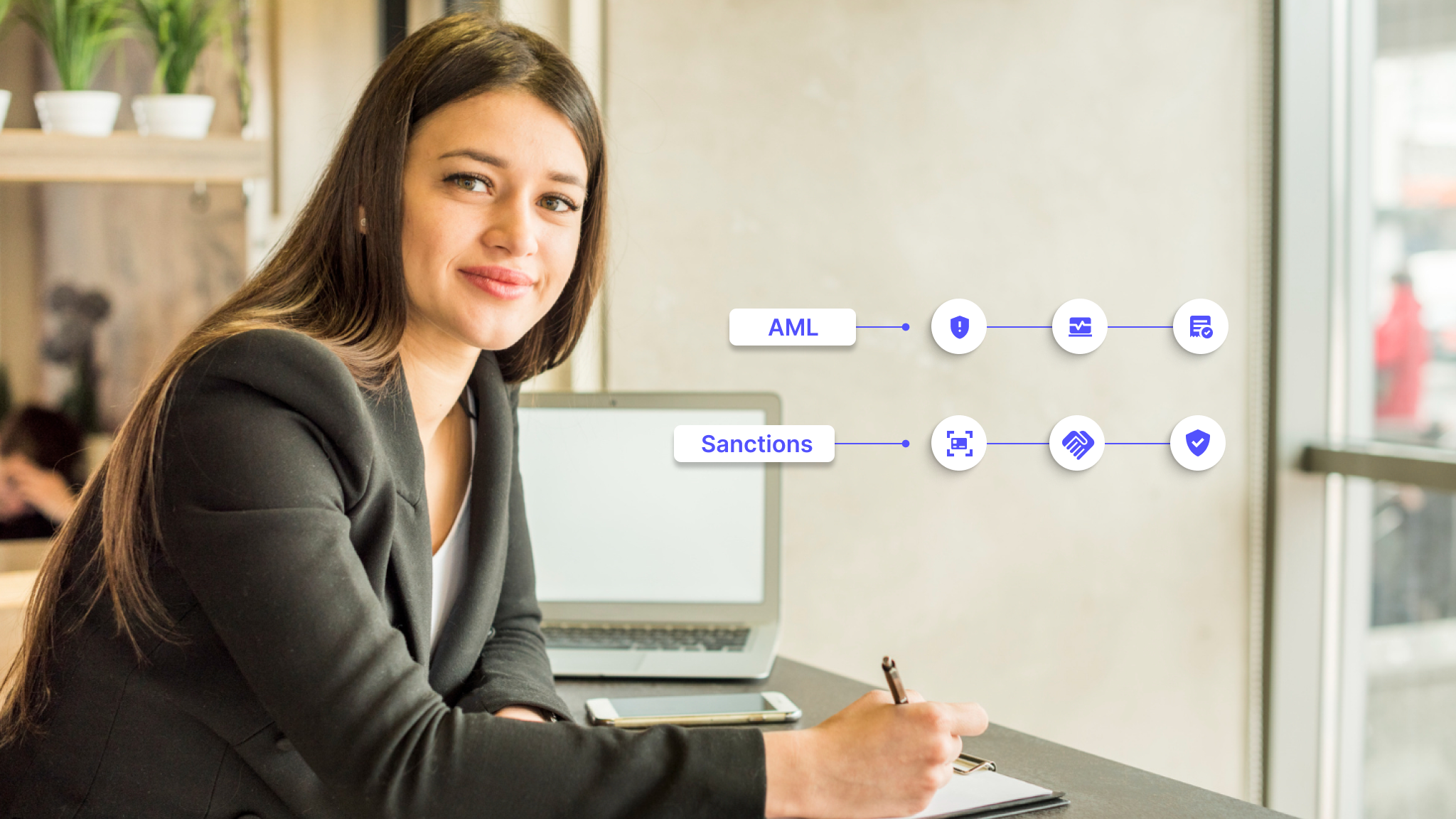















.jpeg)






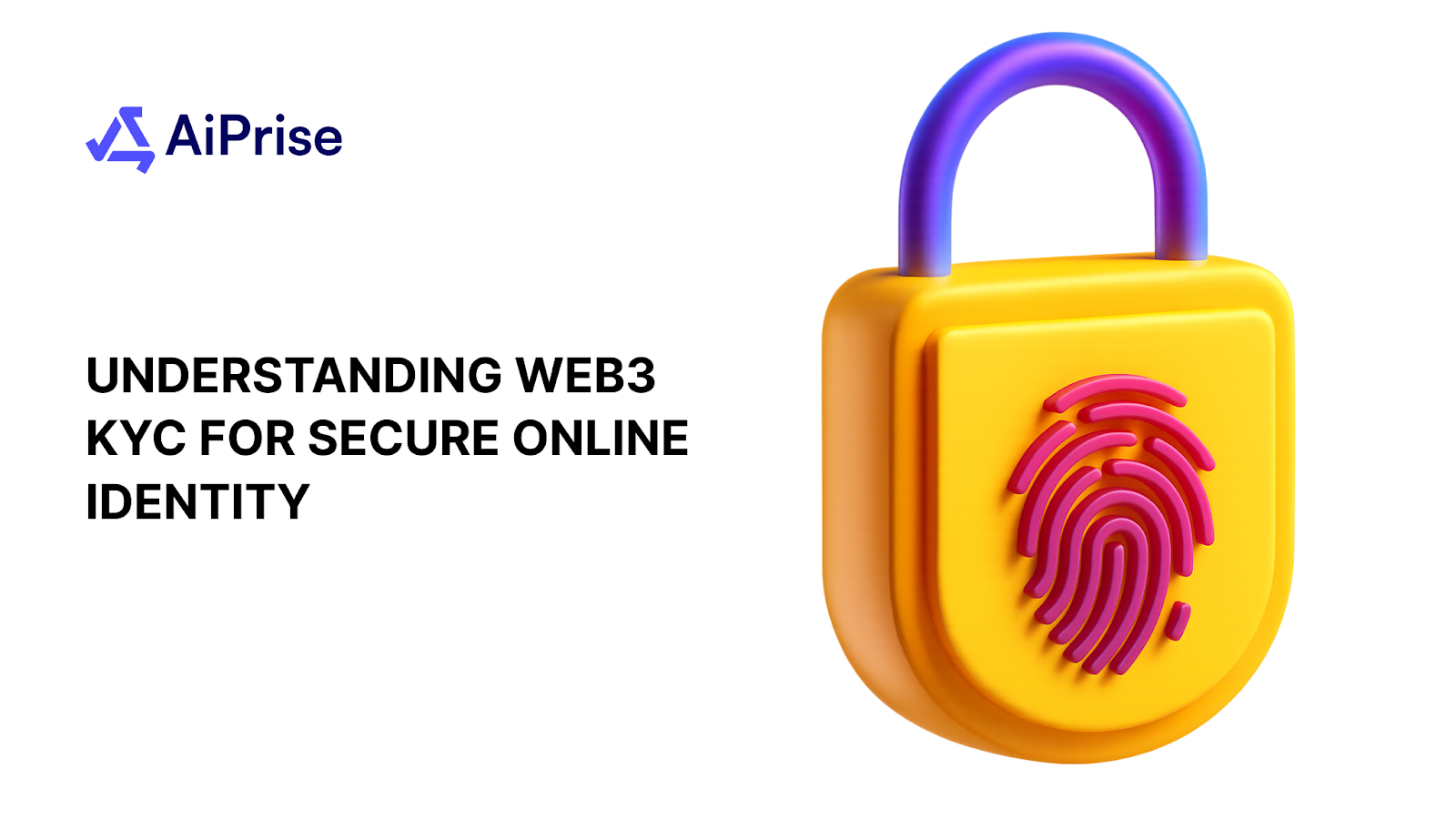
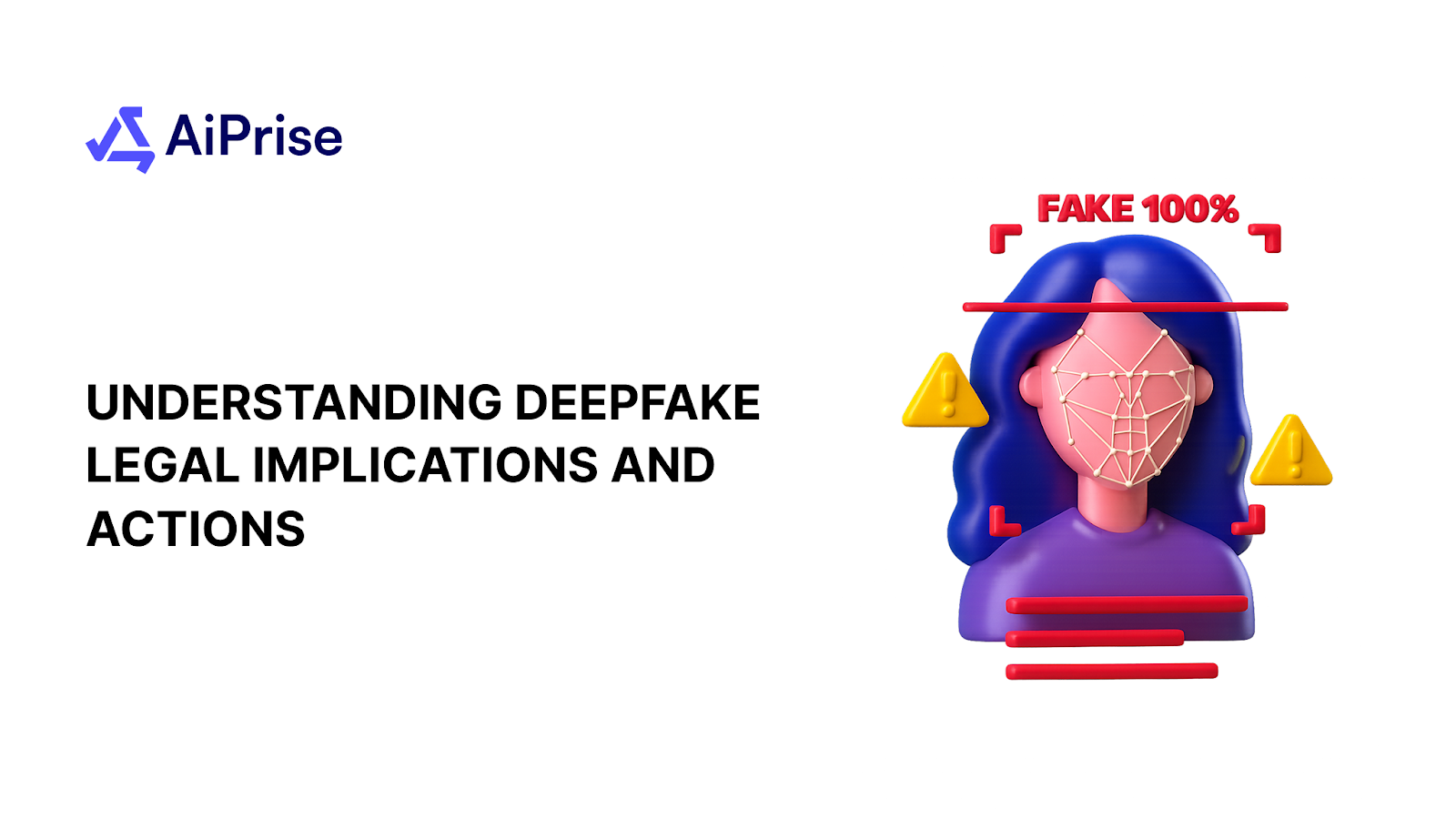
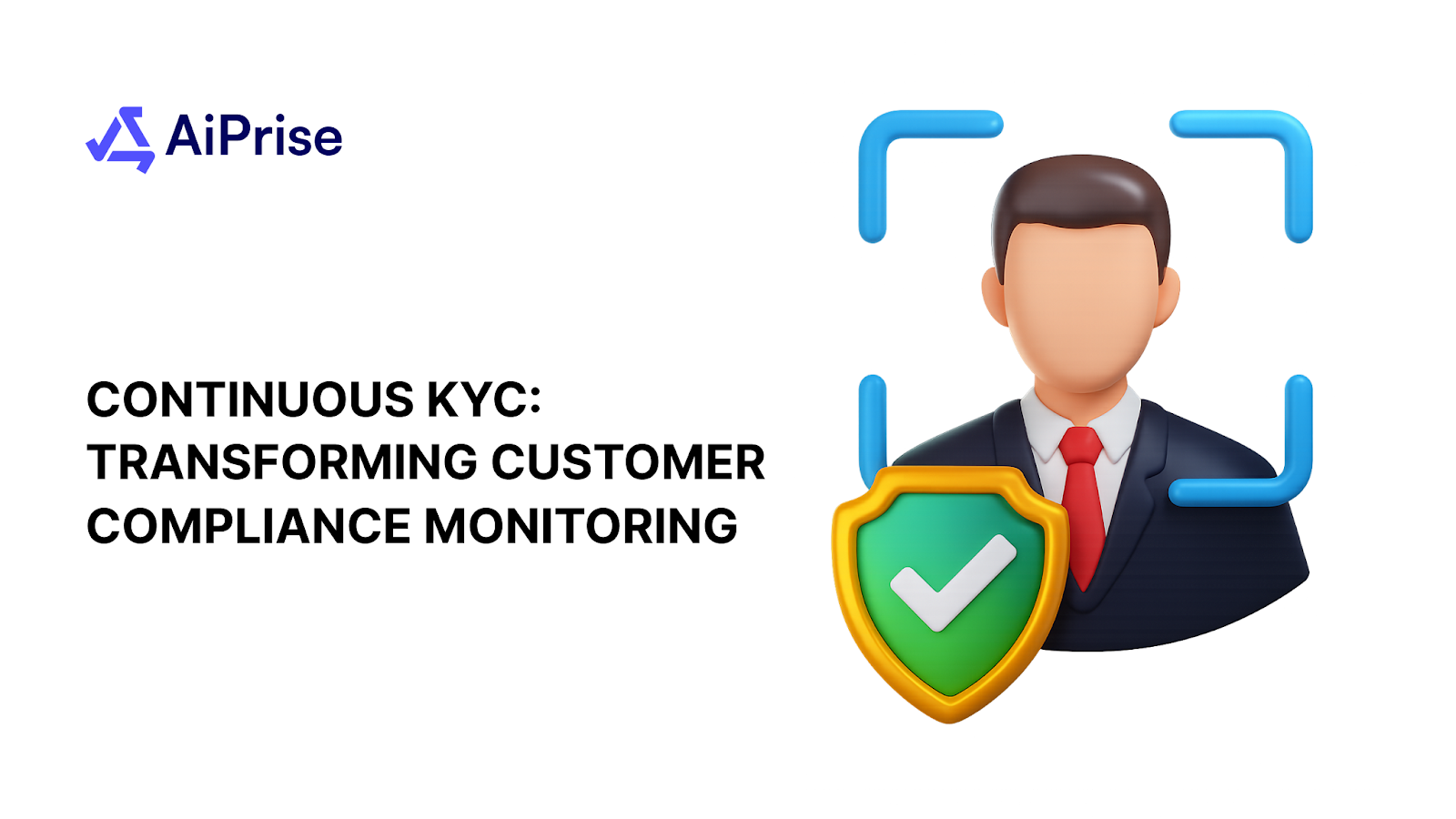

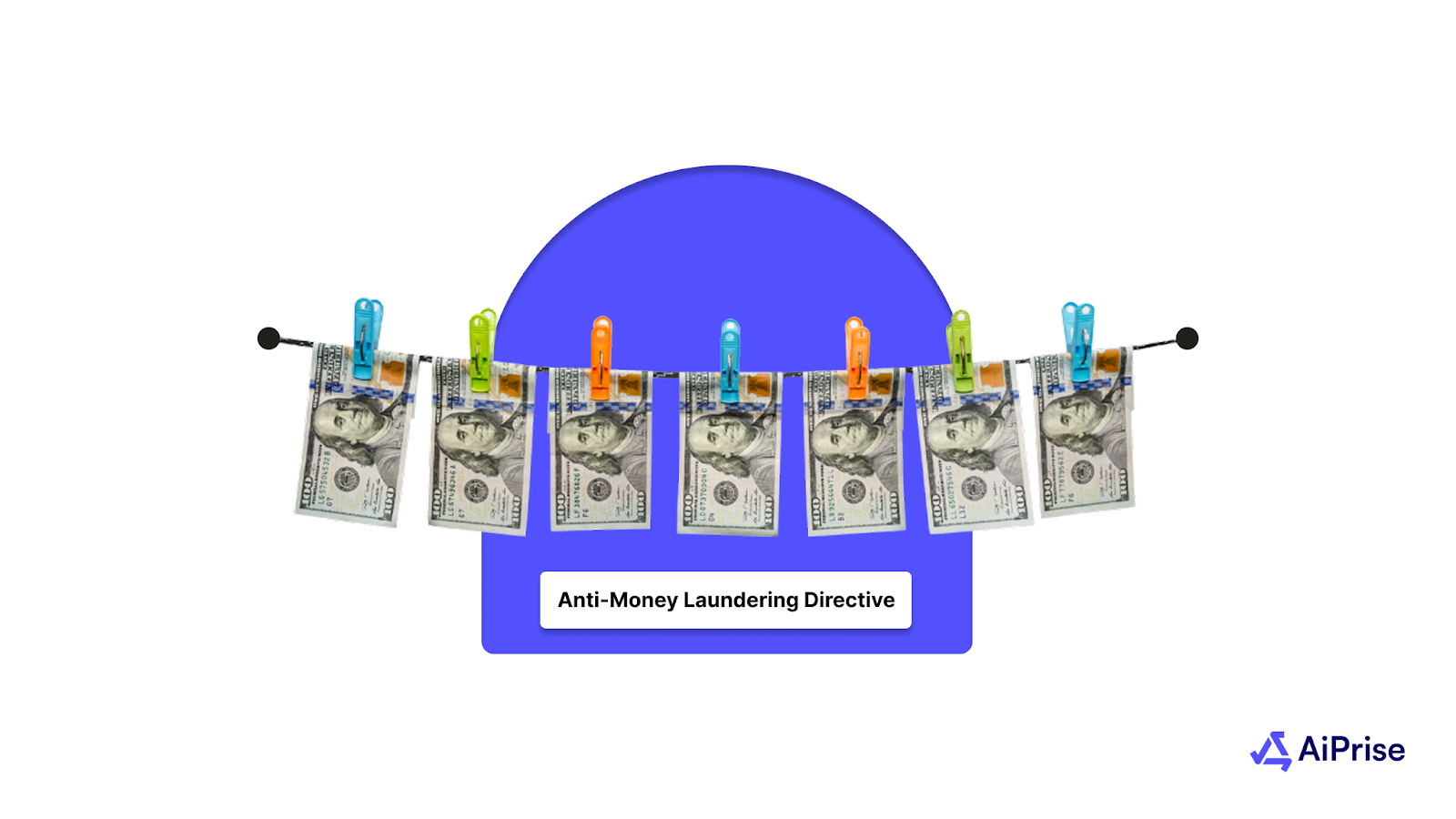

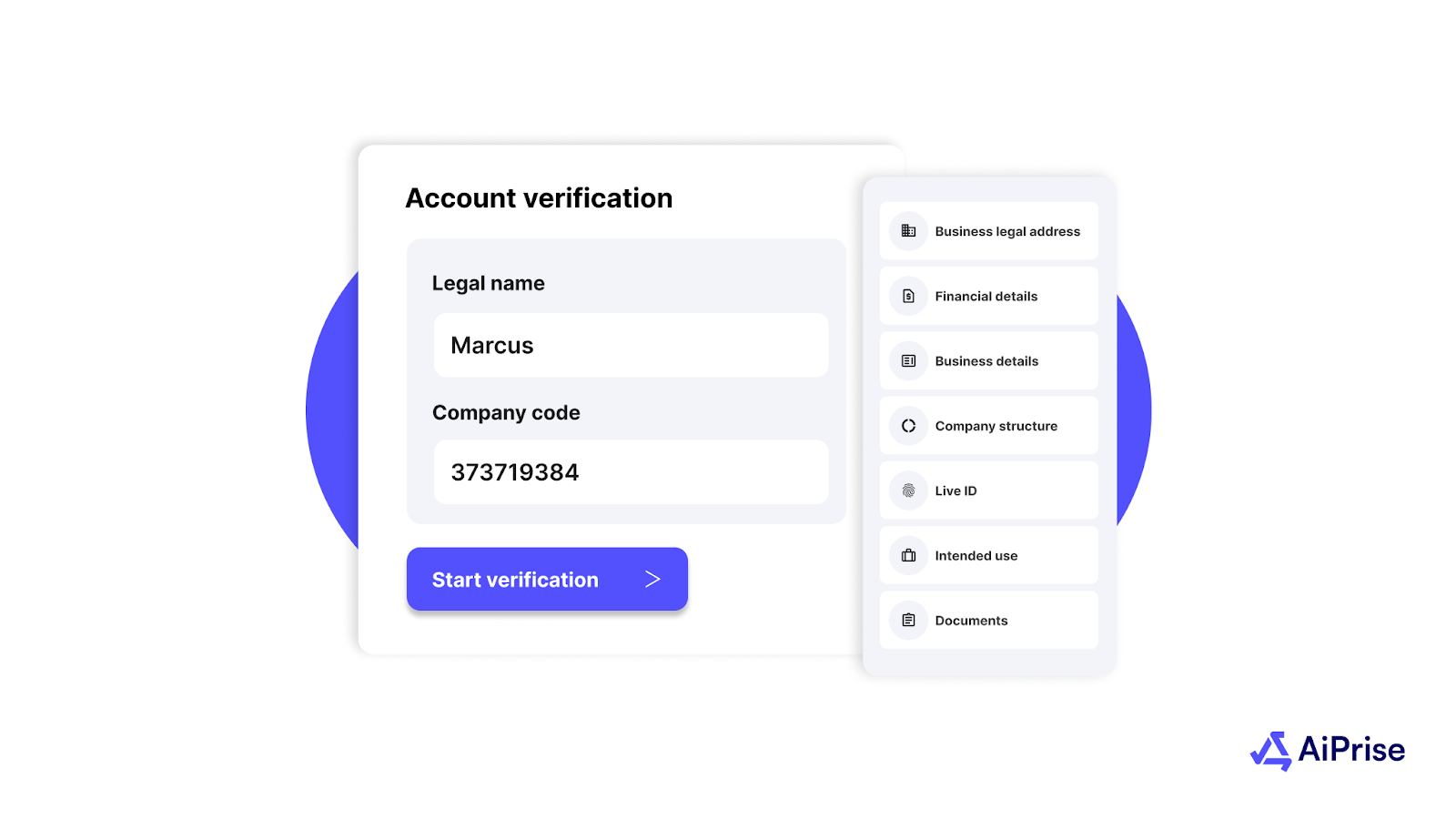

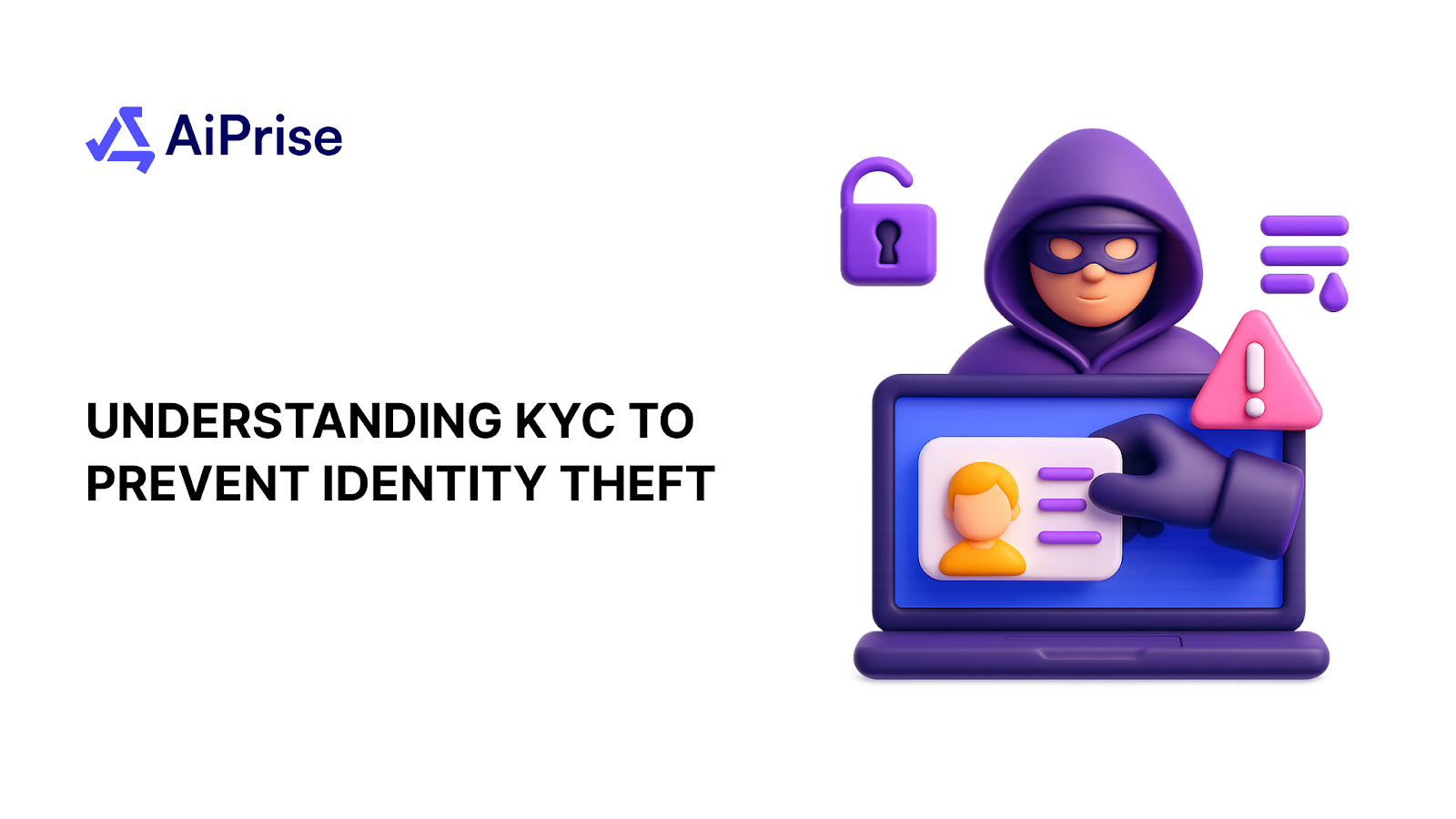
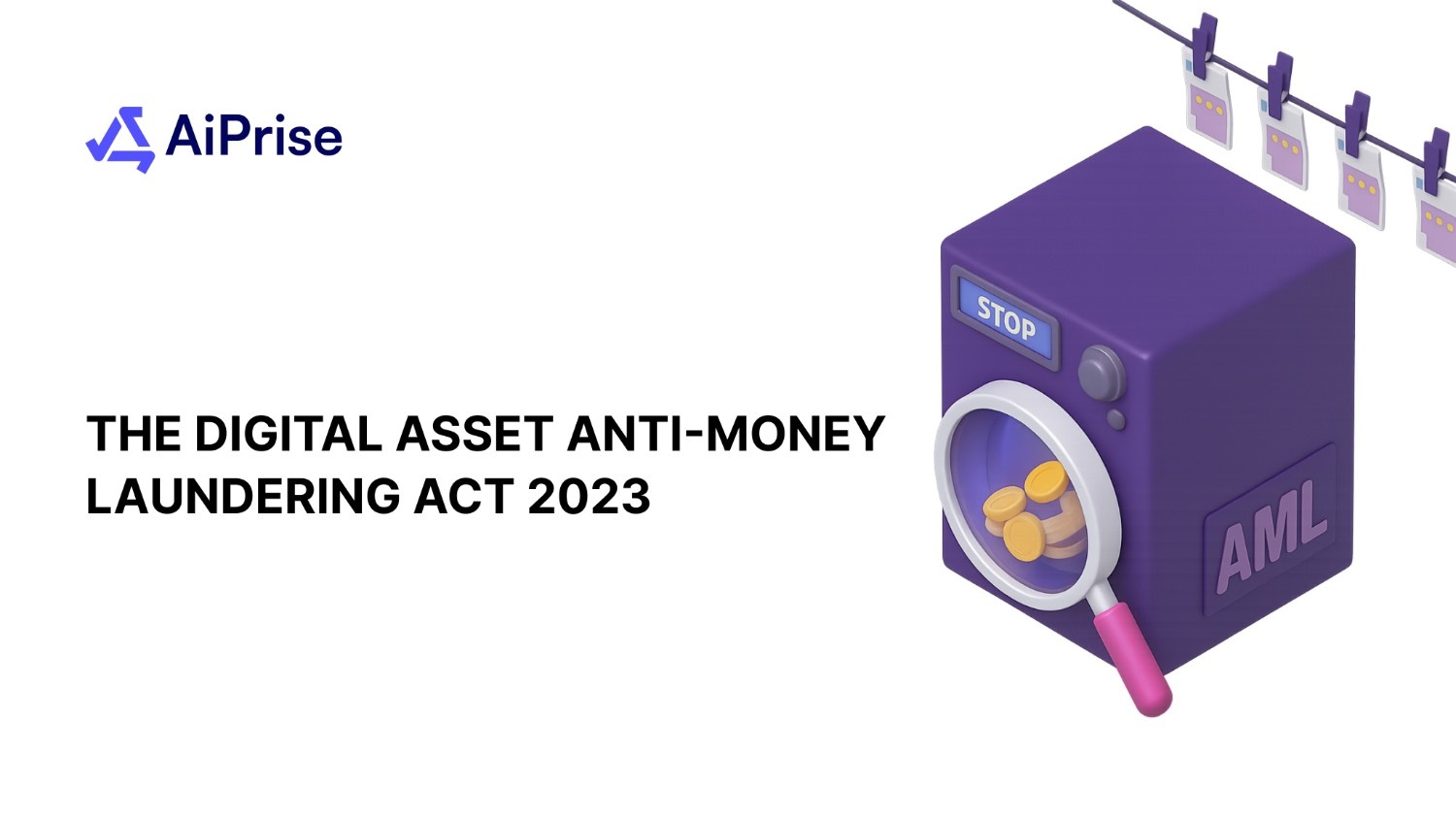


.png)
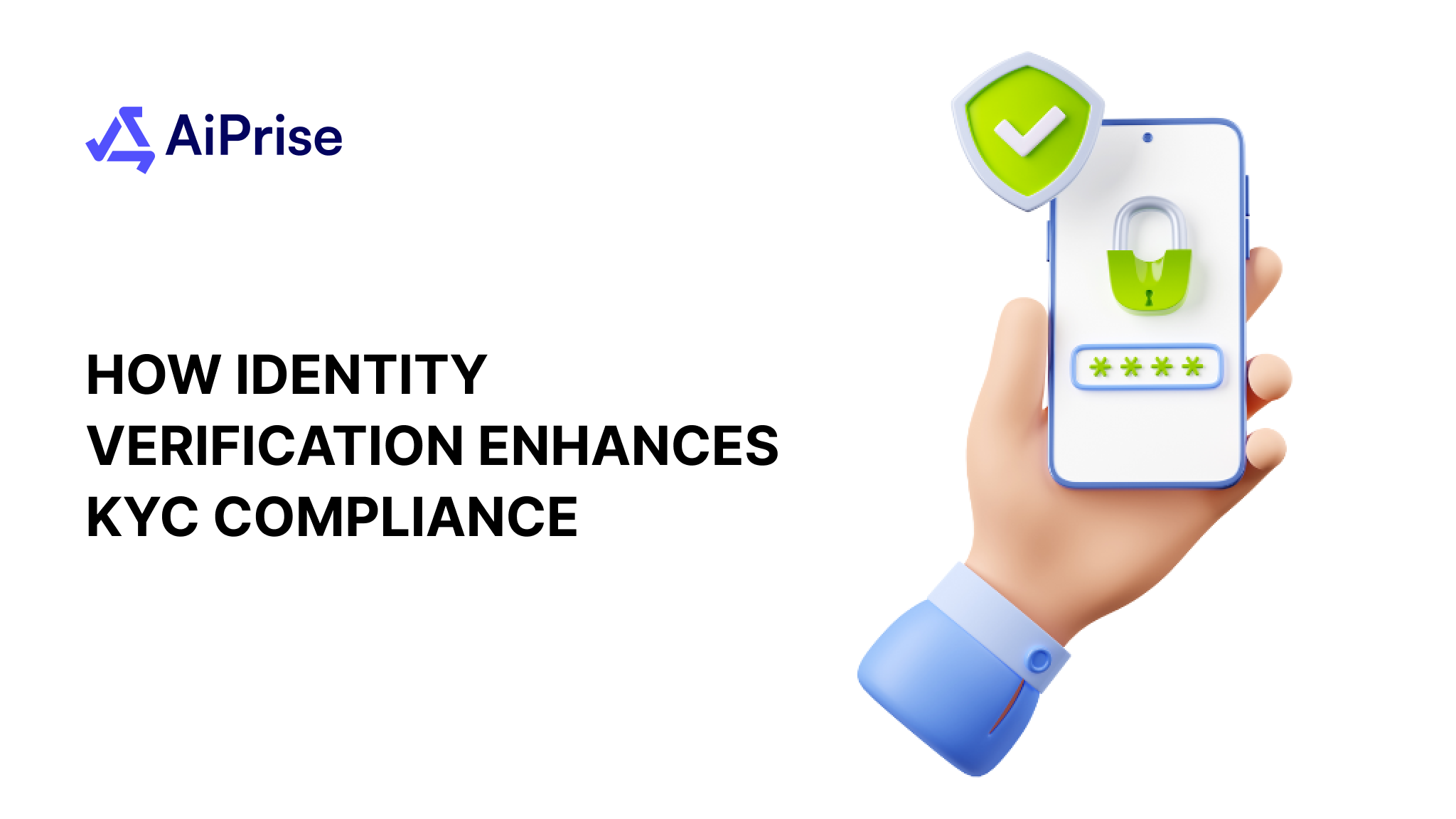
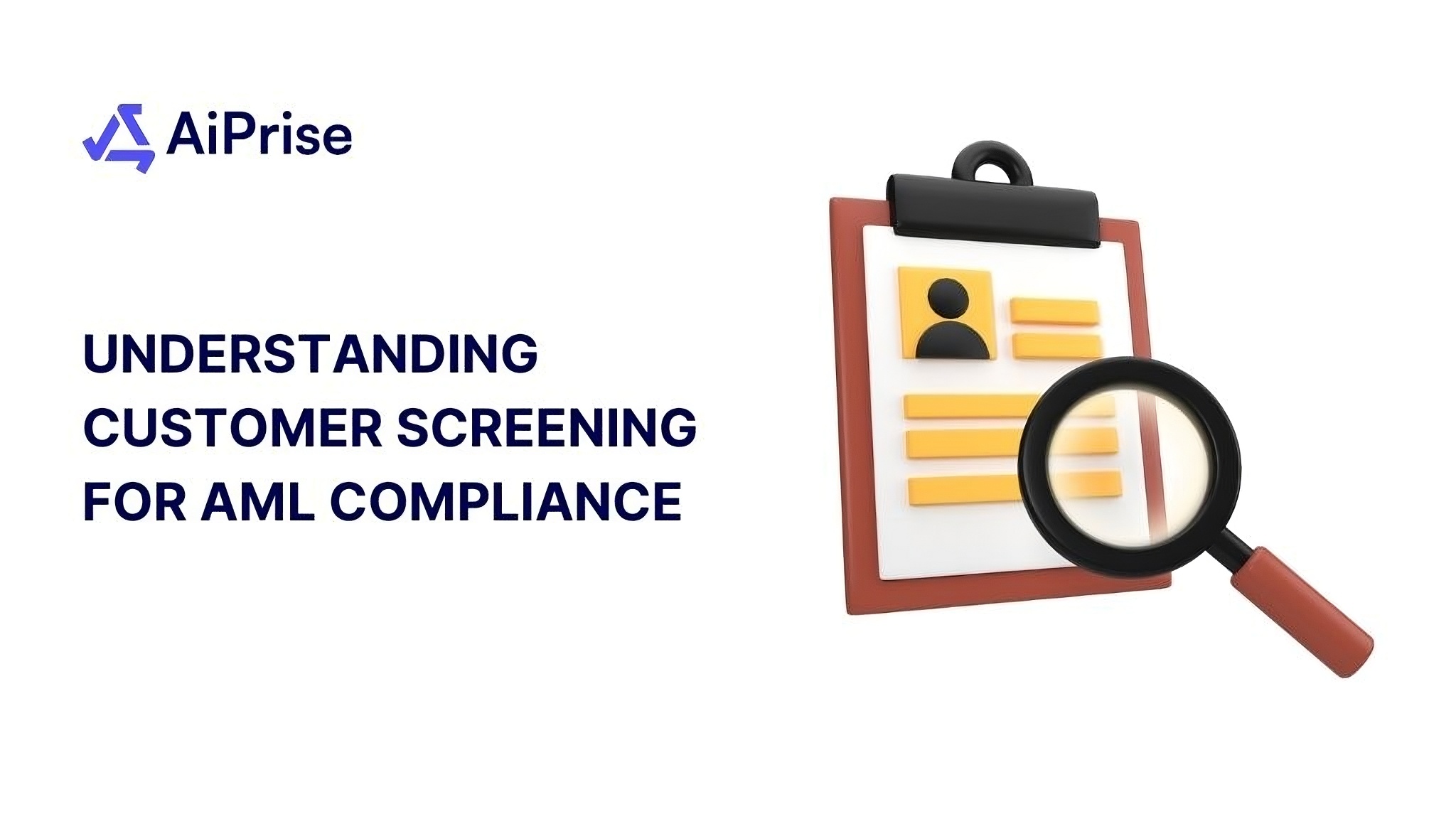

.png)
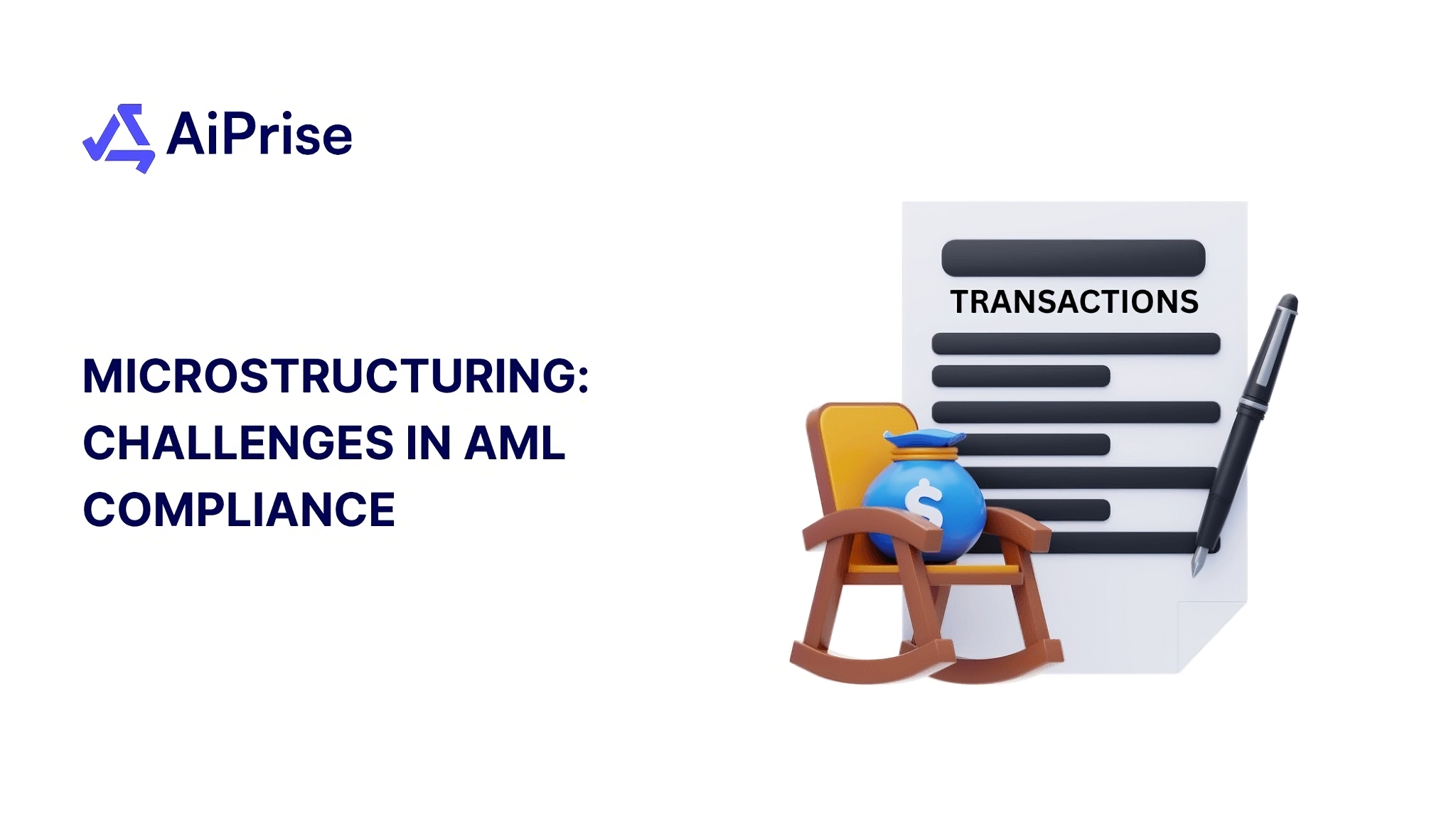

.png)
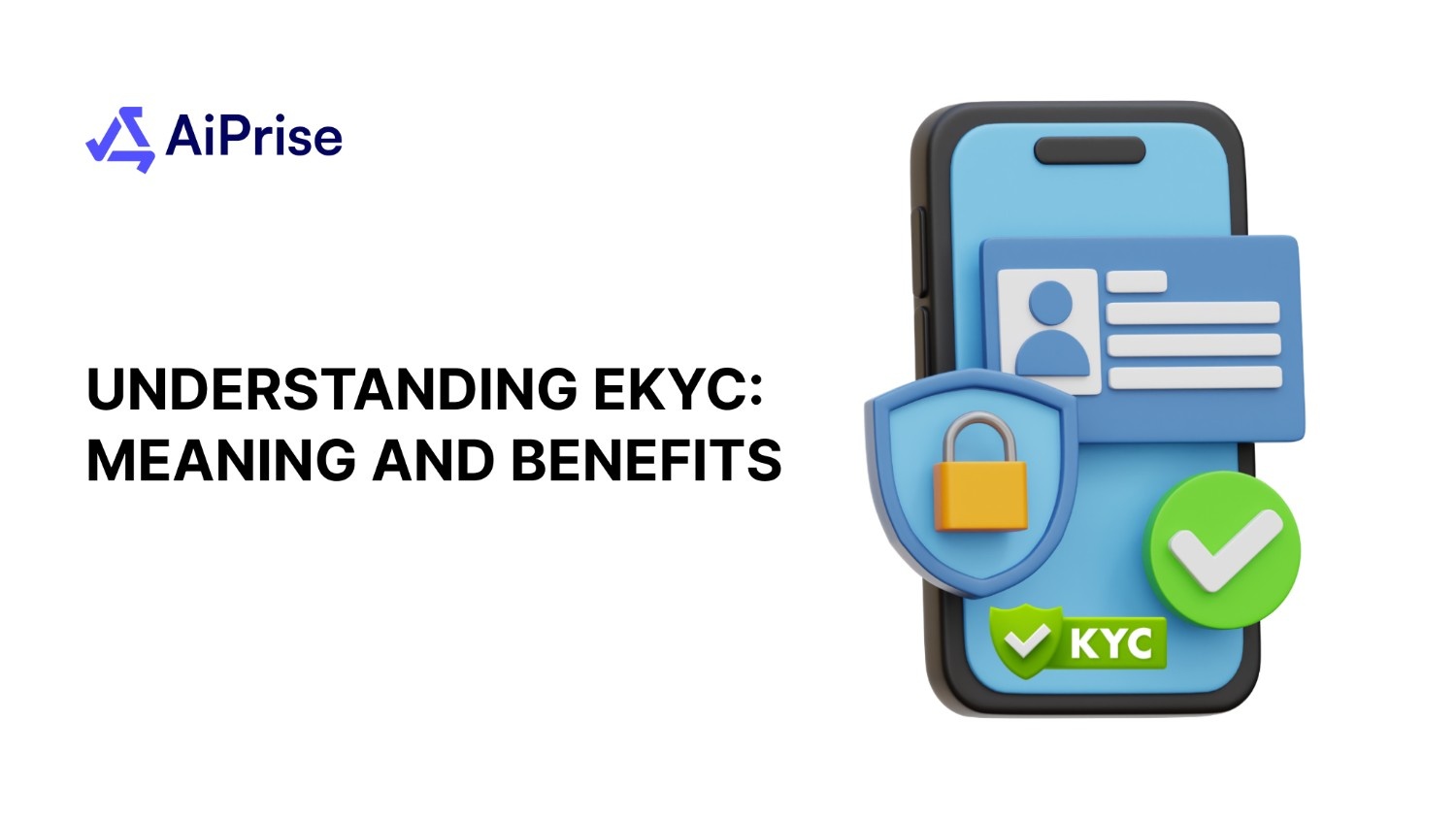
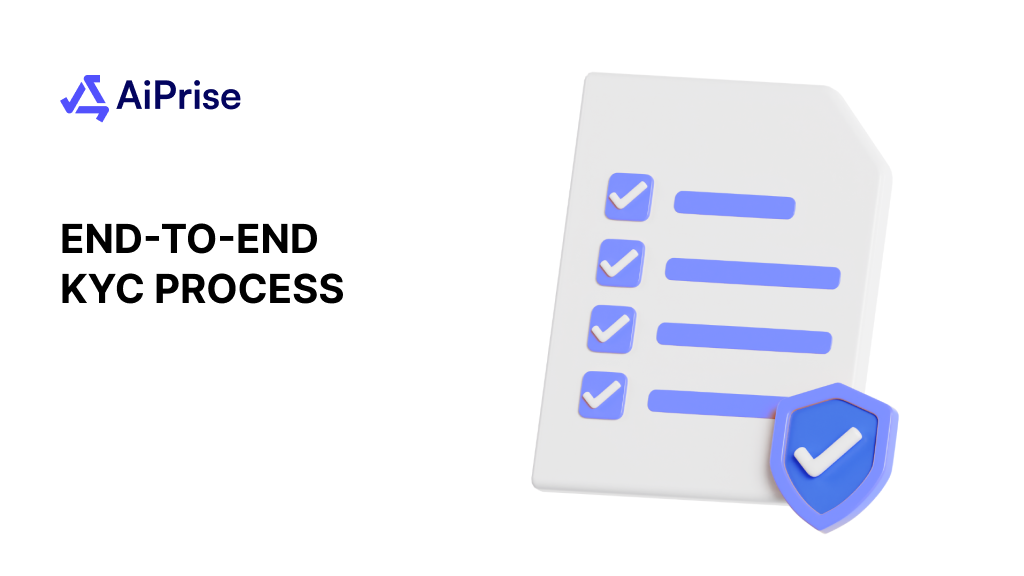

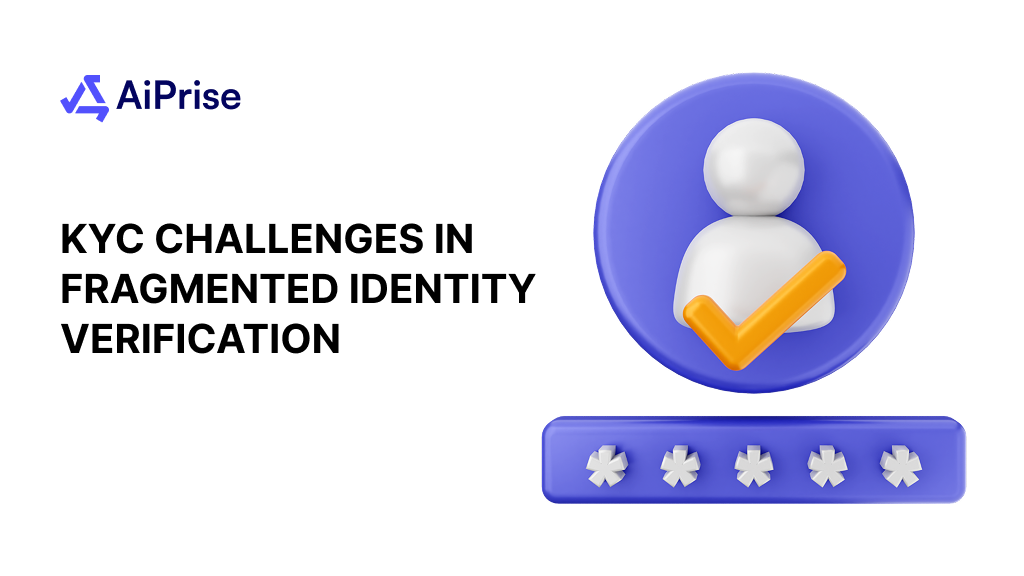

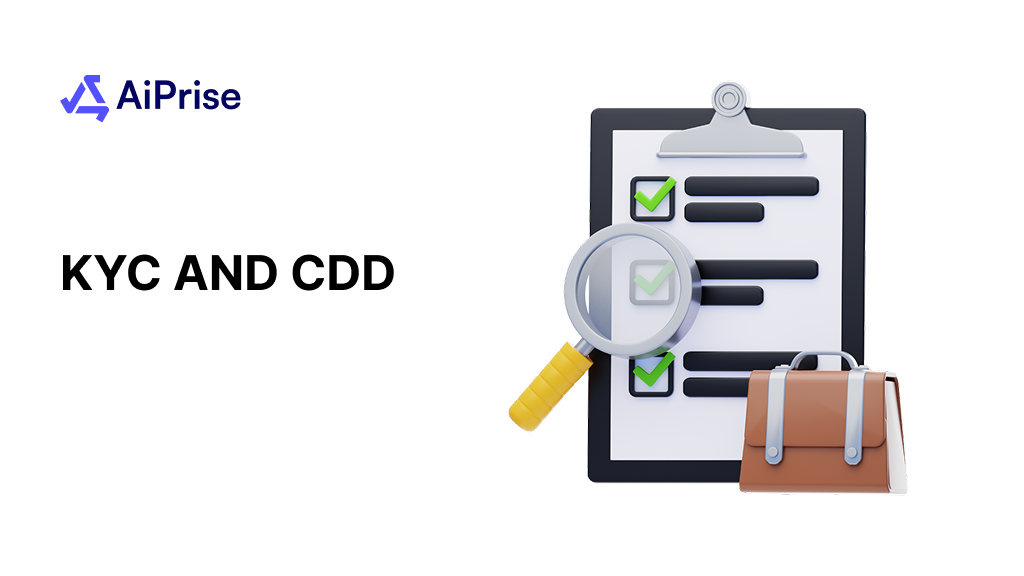









.png)






